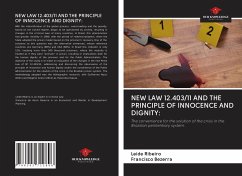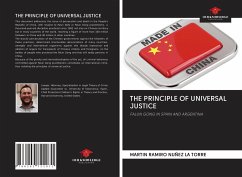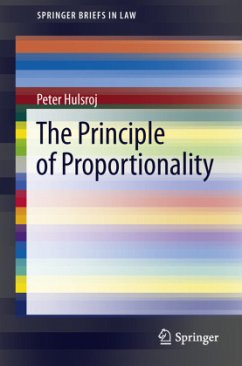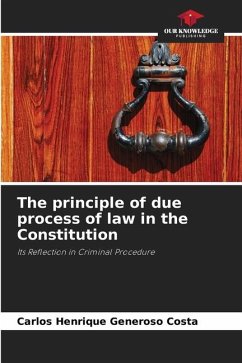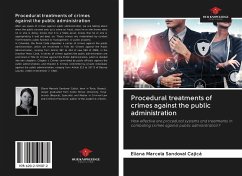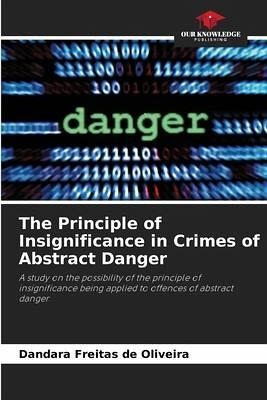
The Principle of Insignificance in Crimes of Abstract Danger
A study on the possibility of the principle of insignificance being applied to offences of abstract danger
Versandkostenfrei!
Versandfertig in 6-10 Tagen
27,99 €
inkl. MwSt.

PAYBACK Punkte
14 °P sammeln!
This work deals with the possibility of the principle of insignificance being applied to crimes of abstract danger, taking as its theoretical basis the constitutional principles of the dignity of the human person, minimum intervention and offensiveness, as well as the modern conception of typicality in the material sense, going through the thesis of the disvalue of the result as the foundations of criminal injustice. The importance of the subject is emphasised by the growing proliferation of abstract danger crimes in today's risk society and their worrying reading in strictly formal terms, dev...
This work deals with the possibility of the principle of insignificance being applied to crimes of abstract danger, taking as its theoretical basis the constitutional principles of the dignity of the human person, minimum intervention and offensiveness, as well as the modern conception of typicality in the material sense, going through the thesis of the disvalue of the result as the foundations of criminal injustice. The importance of the subject is emphasised by the growing proliferation of abstract danger crimes in today's risk society and their worrying reading in strictly formal terms, devoid of any material content. In this context, the aim of this work is to demonstrate the need to adapt the legislative technique of abstract danger crimes to constitutional dictates, by demanding a minimum level of harmful potentiality of the concrete conduct in relation to the legal asset that the legislator sought to protect, in order to confer legitimacy on criminal intervention, concluding that the application of the principle of insignificance is also compatible in the context of abstract danger crimes.



